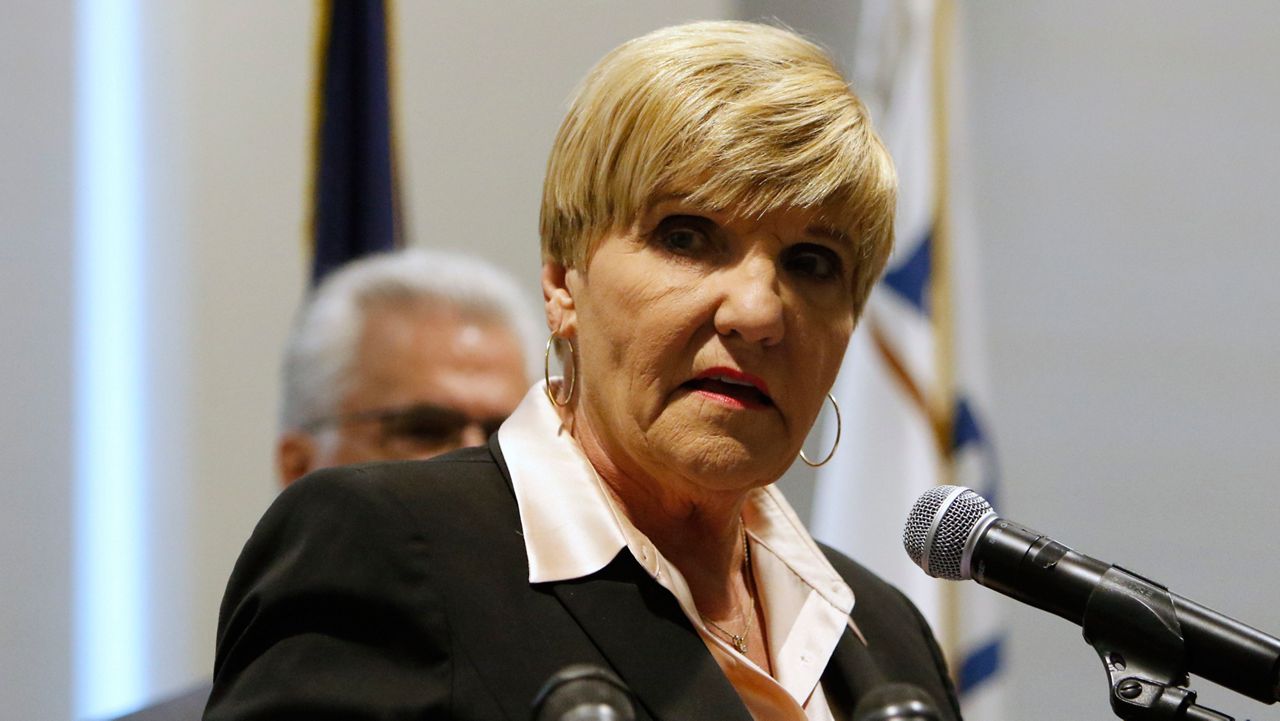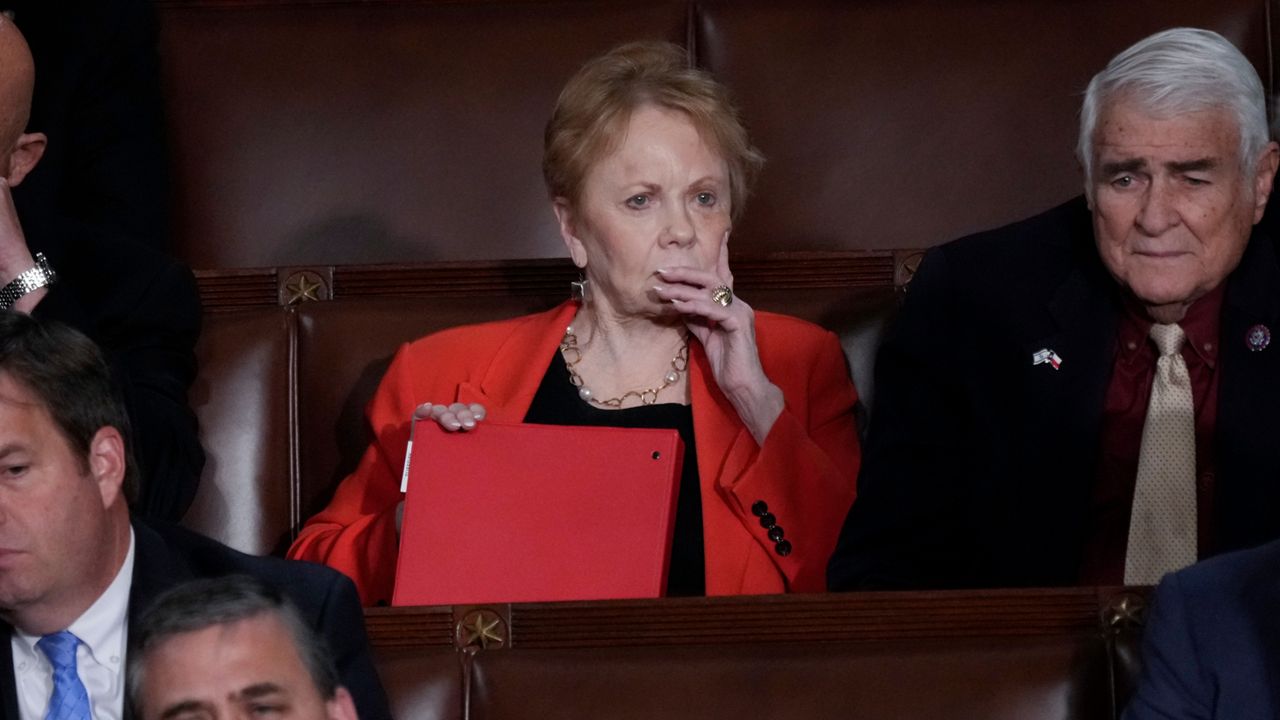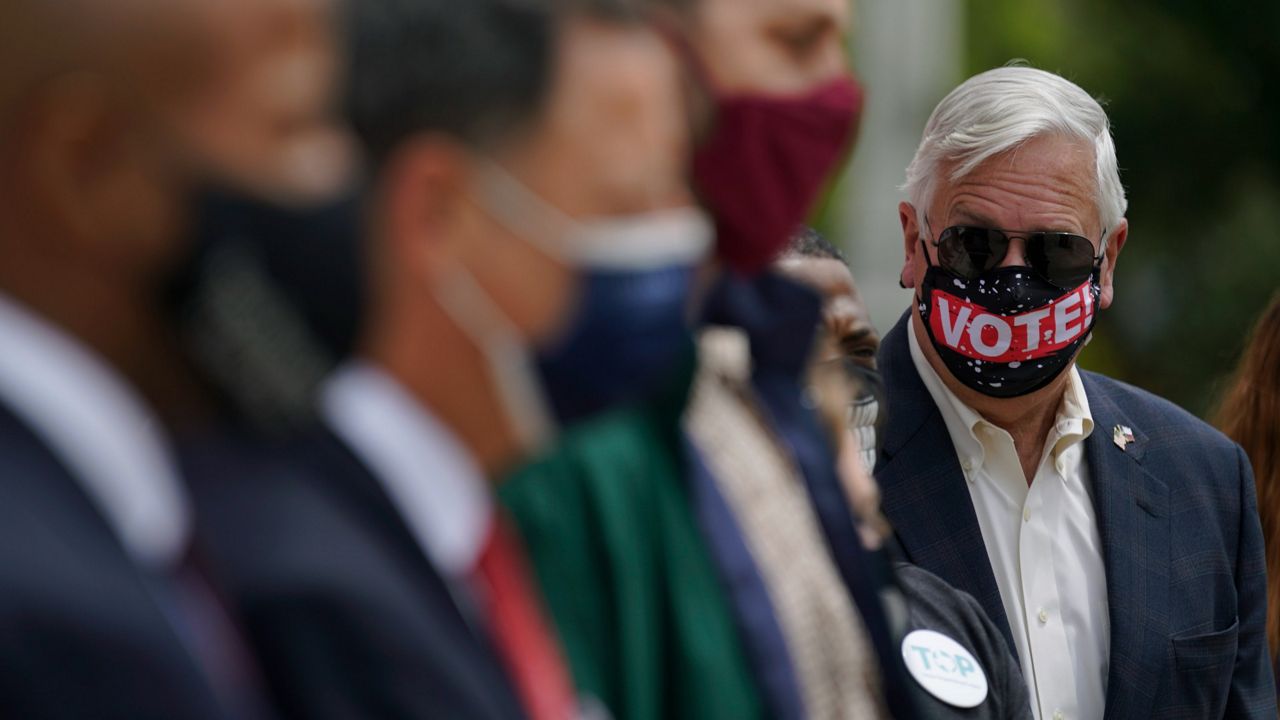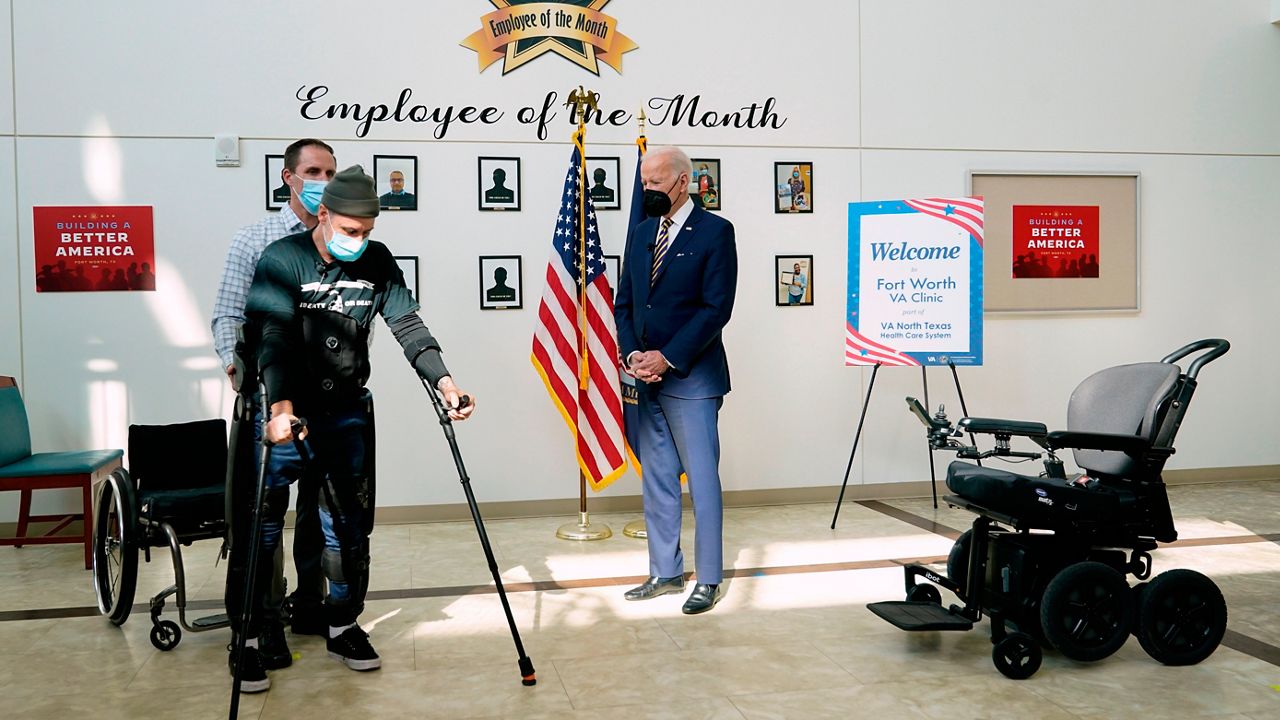FORT WORTH, Texas — For the first time in its more than 170-year history, there’s a chance that the Fort Worth City Council will consist of more newly elected members than incumbents. On Saturday, May 1, citizens will choose from a vast slate of candidates, many of whom are political novices — a few of whom have never even voted.
Up for grab is the mayor’s office, eight of the nine existing City Council seats (the city will add districts next year), seats in Tarrant Regional Water District, five school board seats (one candidate is running uncontested), and four spots on the Tarrant County College board. Fort Worth elections are also on the ballot in nearby Denton and Weatherford.
If this campaign season feels a little carnival-like, there’s a reason. Just one cycle after a record-breaking number of people showed up to vote in Fort Worth, a record-breaking 59 candidates filed to run for office in just the mayoral and council elections alone, according to the City Secretary’s office.
City Secretary Mary J. Kayser said this the most she’s ever seen in her nearly 30 years handling elections.
“I've been doing elections since 1992 in a number of cities,” she said. “Every time I tell somebody [the number of candidates], they're just, like, ‘you have what?’ They're shocked.”
Though she wouldn’t speculate as to why so many political newcomers are jumping on the ballot this cycle, she pointed out that leaders of several activist groups that have formed over the last year have encouraged their members to run for office.
This long-ballot trend is also happening all over the country. In its most recent election, Chicago chose among 14 people running for mayor, while races for the San Antonio City Council averaged nearly five candidates per district. Perhaps no city, however, can match Seattle for candidate enthusiasm.
More than 700 people ran for local offices in Seattle and surrounding King County last year. That includes 55 candidates for seven seats on the city council — not including 17 who filed for those races and then withdrew.
A recent Washington Post article noted the pandemic might be a major factor in the thousands of people who are running for office this year. While most made the decision well before the pandemic struck, a small crop of candidates have more recently jumped into political races after losing their jobs or being forced to deal with other work-related fallout from the pandemic.
“These candidates have little political experience but have survived through the devastating economic fallout that caused more than 20 million workers to lose their jobs,” the article says. “There are no numbers on these candidates nor any guarantee of their chances to win, but they show how, increasingly, pandemic unemployment is becoming a major influence on politics.
Kayser believes more people running for office only strengthens our democracy. Her office is responsible for sending candidate packets to everyone who filed. These packets include information on various committees and other vital information on how the city runs.
“I'm hoping that, even if they are not elected, that they're getting a little bit more of an understanding of city government and how it works, what the council actually does, and how all of these things actually happen in our city, because it's quite a process.”
Mayor Betsy Price is leaving the office she’s occupied for 10 years, making her the longest-serving mayor in Fort Worth’s history. Among the 10 candidates vying to replace her, five have significantly outraised the rest of the field in terms of campaign donations, and are generally considered to be the most serious of the crop.
Councilman Brian Byrd’s campaign recently reported a little more than $500,000 on hand, while former mayoral chief of staff Mattie Parker’s war chest housed a little less than $470,000. Parker’s campaign has brought in nearly $654,000 in contributions.
Councilwoman Ann Zadeh reported $134,420 on hand, while Deborah Peoples, chairwoman of the Tarrant County Democratic Party, had a little more than $41,000 in the bank. Steve Penate, a real estate broker and pastor, has raised $14,588.
Byrd, a medical doctor by trade, has served as District 3’s council rep since 2017. He’s touted his conservative values in campaign material. On his campaign’s website, he lists his priorities as keeping taxes low, attracting high-paying quality jobs, education, public safety, government efficiency, and keeping talented college graduates in town. On the campaign trail, he’s often trumpeted his own efforts to revitalize the Las Vegas Trail and Como neighborhoods, along with opening a shelter for young people who may be at risk for human trafficking.
With Mayor Price’s endorsement — along with other prominent families — Parker is clearly the Fort Worth “institution’s” choice to replace her. Parker, who served as chief of staff for the Fort Worth Mayor and City Council for five years, is the founding CEO of nonprofits Fort Worth Cradle to Career and the Tarrant To & Through (T3) Partnership, which, according to her website, “aims to ensure more students have the training needed to thrive in today’s workforce.”
Steve Penate, a pastor and real estate agent, wasn’t on the radar of the local political cognoscenti, though his appearance on the ballot has livened up the election.
The pastor at Mercy Culture in Fort Worth’s Oakhurst neighborhood is direct about who he believes will elect him: Christian conservatives who supported former President Donald Trump. He said he has been reaching out to churches, including some Spanish language congregations, to find supporters who want Fort Worth to remain conservative. At forums Penate consistently describes himself as a “Christian, conservative, businessman.”
At a recent rally attended by around 2,000 people, one of the featured speakers was Sean Feucht, a California-based evangelist and activist who has traveled the country protesting local mask mandates. Penate has been open about his disdain for masks or any restrictions on businesses. He has also voiced a desire to make Fort Worth a second amendment sanctuary city.
Deborah Peoples, the Tarrant County Democratic Party chair, was Betsy Price’s last serious opponent for mayor. The former AT&T executive ran against Price in the 2019 election and garnered nearly 43% of the vote — though she still lost by nearly 14 percentage points.
Peoples was at the helm of the Democratic Party when Beto O’Rourke ran for Senate, and President Joseph Biden won the county — the first time in decades a Dem has won a top-of-the-ballot election.
On her website, Peoples lists citywide unity, healthcare, justice, education, investment in disadvantaged areas of town, and preparing the city’s crumbling infrastructure.
Ann Zadeh has been the City Council rep for District 9 since 2014. She has built her reputation as a policy hawk and city planner — she holds a Master’s Degree in city planning. Zadeh was the char of the 2014 Fort Worth Zoning Commission; the 2020-2021 Regional Transportation secretary; and has received numerous awards for her involvement in civic activities.
On her website, she lists quality jobs, housing, ethics and transparency, independent redistricting, and the creation of a citizen police review board, as her priorities.
If the mayoral field seems crowded, the number of people vying for a City Council seat feels like a cattle call. With two council members vying for the mayoral seat and Councilman Dennis Shingleton’s retirement, the heated theater of operations has trickled down to council races. Every council seat is contested, with at least four candidates running in every district.
There are 10 candidates in Shingleton’s vacated District 7 seat, including local whiskey magnate Leonard Firestone, who has raised the most money in the race, prominent Democratic operative Lee Henderson, and Zeb Pent, a candidate in District 7, who has been involved with Stand for Fort Worth, which bills itself as nonpartisan while pushing “values of faith, family and accountability.”
Zadeh’s District 9 seat might be the most hotly contested of all. There are nine candidates seeking to replace her, including Elizabeth Beck, who just lost a sometimes-nasty race for the state legislature to Republican Craig Goldman. She has raised the most money in this race by far, almost tripling her second and third nearest competitors, business manager Jared Sloane — who also chairs the Arts Council of Fort Worth — and local entrepreneur Darien George.
For Byrd’s District 3 seat, there are eight candidates vying to replace him, including Michael Crain, who served as President George W. Bush’s chief of the U.S. Embassy in China. He has also served for former Fort Worth Mayor Kenneth Barr and former U.S. Rep. Pete Geren, R-Fort Worth, and current U.S. Rep. Kay Granger, R-Fort Worth. Crain has raised more campaign money than any of his competitors by a considerable amount.
A few incumbents are also facing tough competition. In District 2, Carlos Flores is being challenged by three opponents, most notably nonprofit director Jennifer Sarduy. Incumbent Kelly Allen Gray looks to remain in her position in District 8, though local businessman Chris Nettles is mounting a well-funded campaign to unseat her. District 4’s representative Cary Moon has the most robust war chest, but local nurse Tara Wilson has proven herself a formidable fundraiser and social media presence. Jungus Jordan is vying to hold on to District 6, but he’s squaring off against two viable opponents. Tiesa Leggett — the fomer local public affairs coordinator for the Blue Zones Project who is currently a government relations and community advocate — is hoping to be the first-ever woman of color to represent the district. Jared Williams was recently won a national endorsement from a funder focused on empowering Black candidates.
In Gyna Bivens’ District 5, the incumbent has out fund-raised her four opponents by orders of magnitude.
- First Day of Early Voting By Personal Appearance: Monday, April 19, 2021
- Last Day to Apply for Ballot by Mail (Received, not Postmarked): Tuesday, April 20, 2021
- Last Day of Early Voting by Personal Appearance: Tuesday, April 27, 2021
- Last day to Receive Ballot by Mail: Saturday, May 1, 2021 (election day) at 7 p.m. (unless a late-arriving deadline applies)
- Information on eligibility and requesting a mail ballot can be found here: http://bit.ly/TarrantMay1
- Sample ballots came be found here: http://bit.ly/TC2021SAMPLE
- The general Tarrant County Elections Office website can be found here: https://www.tarrantcounty.com/en/elections.html. 817-831-8683. Email: electionday@tarrantcounty.com










